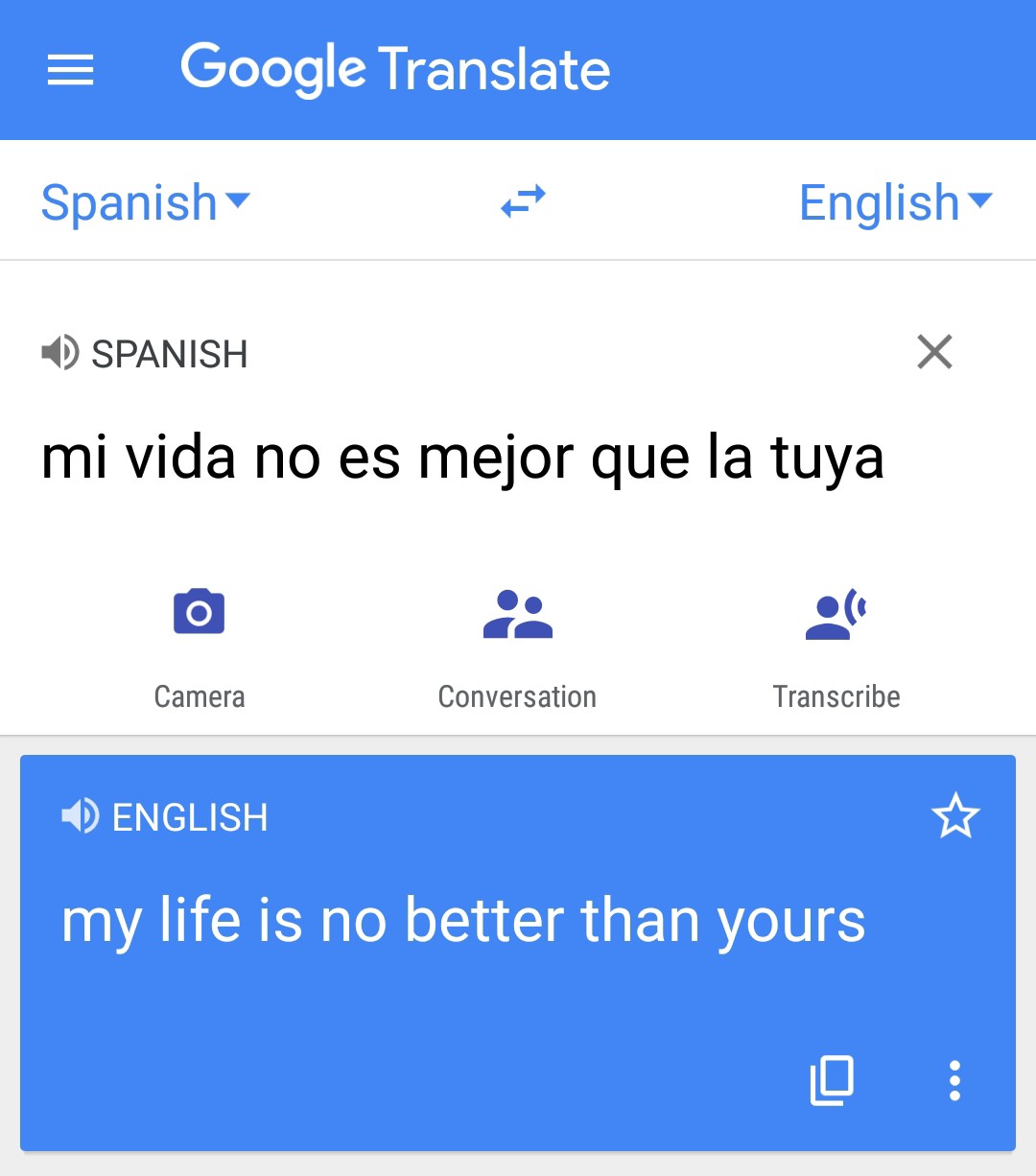Even though there's already a similar question here, mine is a bit different. I want to know if they can be used interchangeably.
This question came to my mind, actually when I was playing Duolingo. I did the Spanish course, and the original Spanish sentence was:
Mi vida no es mejor que la tuya.
I used Google Translate and the translation is:
My life is no better than yours.
The key answer (from Duolingo) is
My life isn't better than yours.
However, my answer was accepted by Duo. Does that mean both can be used interchangeably?
P.S. Please, note that sometimes, Duolingo gives the translations based on the literal meaning from the original language rather than idiomatic English. (That's why I doubt it)



